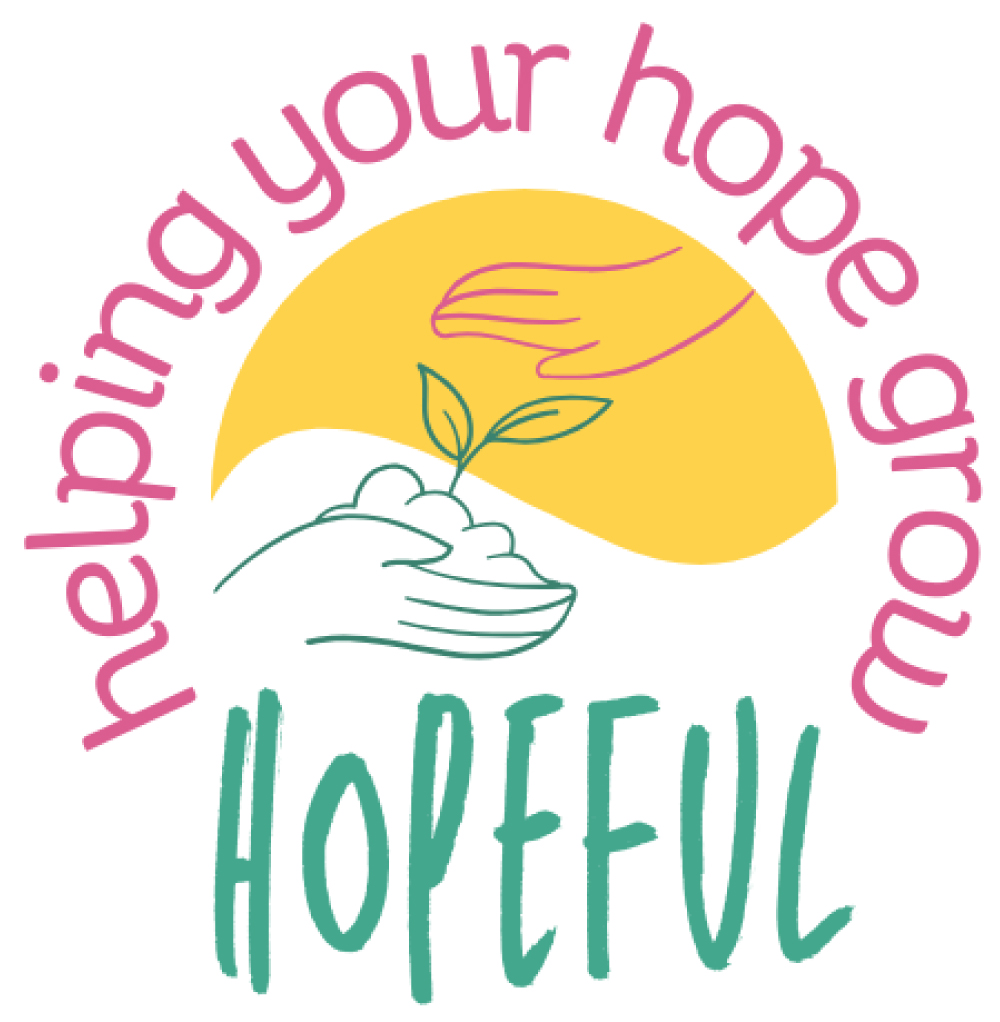The purpose of Module Six (Staying Hopeful) is for the young person to:
- Reflect on the intervention and what they’ve learnt about their hope
- Re-consider the mentoring agreement they developed with you and what contact you will have going forwards
- Identify potential challenges to staying hopeful and plan to keep building and maintaining their hope over time
Reflecting on HOPEFUL and what has been learnt about hope
It will be helpful here to gently encourage the young person to celebrate the time they have spent working on their hope and the efforts they have made – irrespective of how much of the intervention they have completed. Emphasise that if they have modules or activities that they did not complete, they can complete or repeat activities at their own pace in the future as a way of helping themselves to stay hopeful. This is stated in the young person’s workbook too.
Helping you with ways that you can maintain your hope and that, so that even if it’s like tougher than you thought you can go back to that module and just remember.
Revisiting the mentoring agreement
As your formal mentoring come to an end, it will be important to reflect on the time you have spent together as mentor(s) and mentee(s). It will be important too to clarify what (if any) ongoing contact you will have with each other, and how and when this contact may take place.
Planning how to stay hopeful over time
What is most important to emphasise in this module and in your final mentoring meetings with the young person is that hope is not a fixed or static state, but rather is an ongoing practice. Just like our values and our health, we can never “complete” hope. To live in line with our values, we engage in relevant activities in our daily lives on an ongoing basis. To stay healthy, we practice health behaviours like walking, drinking water, and brushing our teeth on an daily basis too. Hope is exactly the same. Gently encourage the young person to see that they have learned the foundational skills for living a hopeful life – and staying hopeful means using these skills on an ongoing basis.
It will be helpful to emphasise all the resources that the young person has identified and developed during HOPEFUL – all of these skills, activities, relationships, and techniques will contribute to maintaining hope. It is also important to emphasise that it will be normal and natural for them to experience some waxing and waning of hope – just like the tide, their hope may retreat, but it will also come back in time. Remind them too, that these periods of lower hope are exactly when they can call in to action all of the resources they have to help build their hope back up again.
